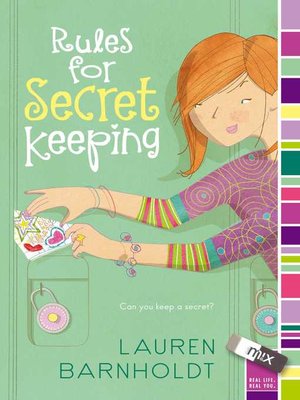
Turning the question around, we examined the consequences of confiding secrets. The frequency of active concealment when interacting with others, however, had no relationship to well-being.įollowing up this research, a new paper reveals why thinking about secrets is so harmful. We found that the more frequently people simply thought about their secrets, the lower their well-being. A survey of more than 5,000 people found that common secrets include preferences, desires, issues surrounding relationships and sex, cheating, infidelity and violations of others’ trust.Īcross several studies, we asked participants to estimate how frequently they concealed their secret during conversations with others, and also how frequently they thought about the secret outside of social interactions. We found that 97 percent of people have at least one secret at any given moment, and people have, on average, 13 secrets. To better understand the harms of secrecy, my colleagues and I first set out to understand what secrets people keep, and how often they keep them. When we think of a secret, it can make us feel isolated and alone. Having a secret return to mind, time and time again, can be tiring. Simply thinking about a secret can make us feel inauthentic. It is our tendency to mind-wander to our secrets that seems most harmful to well-being. It is far more common to ruminate on our secrets. Yet, such concealment is actually uncommon. The concept of secrecy might evoke an image of two people in conversation, with one person actively concealing from the other. The real problem with keeping a secret is not that you have to hide it, but that you have to live with it, and think about it. New research, however, suggests that the harm of secrets doesn’t really come from the hiding after all. Constant vigilance and concealment can be exhausting. This could require evasion or even deception. If asked about something related to the secret, you must be careful not to slip up. There is a seemingly obvious explanation for these harms: Hiding secrets is hard work.



Research has linked secrecy to increased anxiety, depression, symptoms of poor health, and even the more rapid progression of disease. Secrecy is associated with lower well-being, worse health, and less satisfying relationships.


 0 kommentar(er)
0 kommentar(er)
